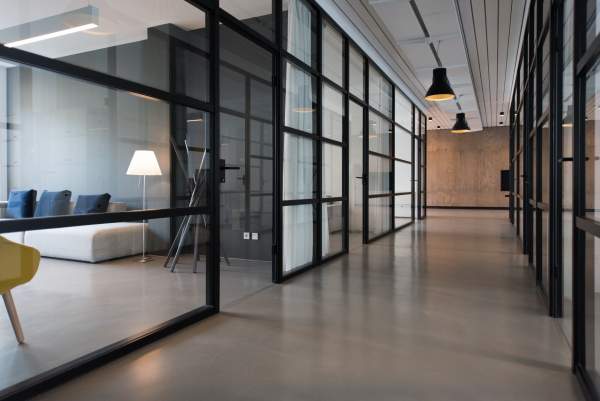On Tuesday, 7 April 2020 the Commonwealth Government released a Mandatory Code of Conduct (the Code) containing a set of principles aimed at commercial tenancies to address the COVID-19 pandemic. States and Territories are to legislate the Code which would implement a set of good faith leasing principles that governs commercial tenancies including retail, office and industrial.
The code is available to commercial tenants who are eligible for the JobKeeper program. The Code will run for so long as the Commonwealth JobKeeper program remains operational.
JobKeeper is available to businesses with an aggregated turnover of less than $1billion who estimate their turnover has fallen by more than 30%, relative to their turnover in a corresponding period a year earlier (or by 15% for not-for-profits). The Code will run for so long as the Commonwealth JobKeeper program remains operational.
The position before COVID-19
Lease agreements are put in place to ensure that landlords and tenants fulfill their obligations under an agreement. In most cases, when a tenant fails to pay their rent, the landlord can terminate the lease.
The current position
In short, the Code requires that:
- Landlords must not terminate leases for non-payment of rent during the COVID-19 pandemic.
- Tenants must stay committed to their lease terms. If they fail to abide by the terms of the lease, they will lose the protections under the Code.
- Landlords must offer reductions in rent (as either a waiver or deferment) based on the tenant’s reduction in trade. Reductions are to be based on the reduction in the tenant’s turnover and subsequent recovery period. Rental waivers must be at least 50% of the rent payable during the rent reduction period. Deferrals of rent are to be spread out over the balance of the lease term.
- Any benefits the landlord receives (i.e. reduced charges, land tax, deferred loan payments) should be passed on to the tenant.
- Landlords must not draw on a tenant’s security (i.e. bank guarantee or personal guarantee) during this period.
- Tenants should be given the opportunity to extend the Lease for an equivalent period of the rent waiver/deferral period.
- Landlord should seek to waive outgoings payable during the period the tenant is unable to trade or operate.
- No fees/charges/interest should be applied on waived rent, or deferred rent.
- Landlords agree to freeze any rent increases during the pandemic and a reasonable recovery period.
The Code ensures that negotiations in amending lease agreements during the pandemic is done in good faith to help the management of cashflow for SME tenants and landlords on a proportionate basis. The Code is to be applied on a case by case basis.
During these unprecedented times, landlords and tenants share a common interest – to ensure business continuity to ensure that normal trading activities resume to normal at the end of the COVID-19 pandemic.
The Code requires tenants and landlords to negotiate temporary leasing arrangements in good faith and to act in an open, honest and transparent manner to achieve outcomes consistent with the Code. The agreed temporary leasing arrangements must also consider the financial impacts the COVID-19 has had on the tenant including the business’ financial stress or hardship.
The Code is yet to be introduced into legislation in the ACT, though it is expected this will occur shortly.
What this means for you
Ultimately, this all falls to making sure that landlords and tenants are acting in good faith when negotiating a temporary lease arrangement during COVID-19 pandemic. As the Prime Minister said, ‘The Code provides a proportionate and measured burden share between the two parties while still allowing tenants and landlords to agree to tailored, bespoke and appropriate temporary arrangements that take account of their particular circumstances.’
If you require advice on negotiating the terms of your temporary lease agreement, please contact our office.



